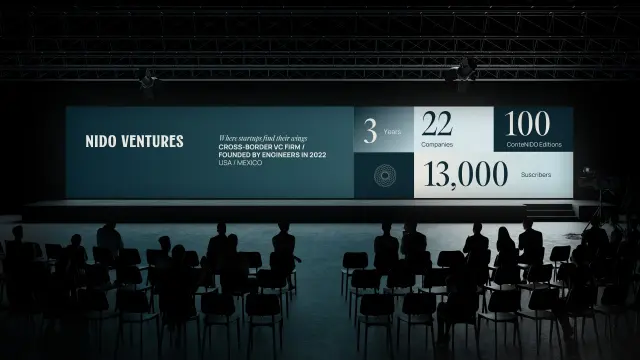Low-code and no-code platforms are gaining rapid global adoption, enabling faster web development with minimal coding skills.
Amsterdam, June 3, 2025 — The global web development industry is undergoing a dramatic transformation as **low-code and no-code platforms** experience unprecedented growth, particularly in Europe, Asia, and South America.
A new report by Gartner reveals that low-code tools will account for **over 65% of all web applications** by the end of 2026 — a major leap from 30% in 2023.
**Why the Surge?**
Low-code platforms like OutSystems, Bubble, Webflow, and Microsoft Power Pages now allow businesses to create full-featured web apps with minimal technical expertise. No-code options are especially empowering non-technical founders, educators, and small business owners.
**Key Findings from the Report:**
- Latin America saw a 280% year-over-year growth in no-code startups
- 40% of large enterprises in Europe now integrate low-code into their workflows
- Southeast Asia is the fastest-growing low-code education market
- The average development time for MVPs has dropped from 6 months to under 6 weeks
**Global Developer Impact**
While some traditional developers express concerns over job security and code quality, many see these tools as accelerators rather than replacements.
Natalie Chang, a senior frontend developer in Singapore, shared:
*"We use Webflow to prototype faster and reserve custom code for performance-critical features. It’s made our workflow much more efficient."*
To meet demand, universities and bootcamps across the globe are now offering courses in low-code platforms alongside traditional coding languages like JavaScript and Python.
**Big Tech Joins the Movement**
Google and Amazon Web Services (AWS) have entered the market aggressively. Google recently expanded its AppSheet platform with enhanced UI controls and responsive web features. AWS launched “Amplify Lite” — a no-code builder optimized for React and Next.js backends.
The International Web Development Federation (IWDF) plans to issue quality benchmarks for low-code platforms to ensure app security and scalability standards.
**Looking Forward**
Experts predict low-code and no-code tools will become integral to agile development teams, digital marketing agencies, and nonprofit tech projects. Hybrid roles — blending traditional dev skills with platform expertise — are becoming increasingly common.
The **Global Low-Code Developer Conference 2025** is scheduled for Barcelona this October, featuring hands-on workshops and vendor showcases.
Visit [www.lowcodeglobal.org](http://www.lowcodeglobal.org) for resources and registration info.
































